A Broadway playwright puts murder in his plan to take credit for a student’s script.
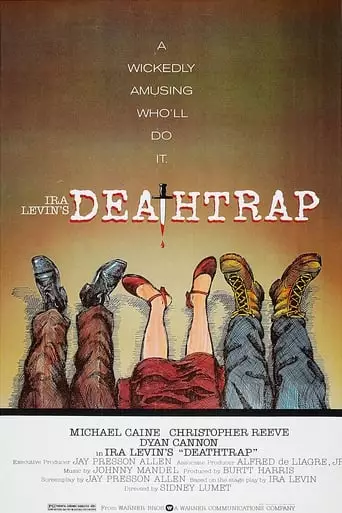
A Broadway playwright puts murder in his plan to take credit for a student’s script.
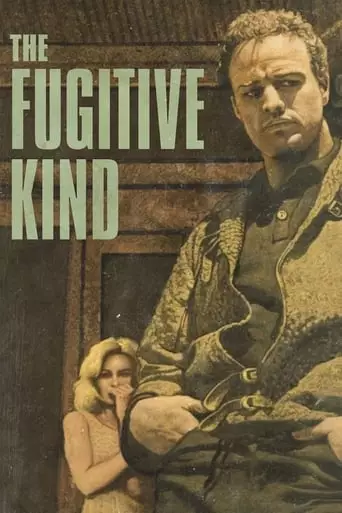
Val Xavier, a drifter of obscure origins, arrives at a small town and gets a job in a store run by Lady Torrence. Her husband, Jabe M. Torrance, is dying […]
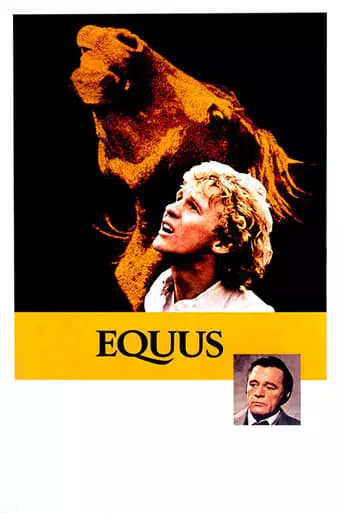
A psychiatrist, Martin Dysart, investigates the savage blinding of six horses with a metal spike in a stable in Hampshire, England. The atrocity was committed by an unassuming seventeen-year-old stable […]
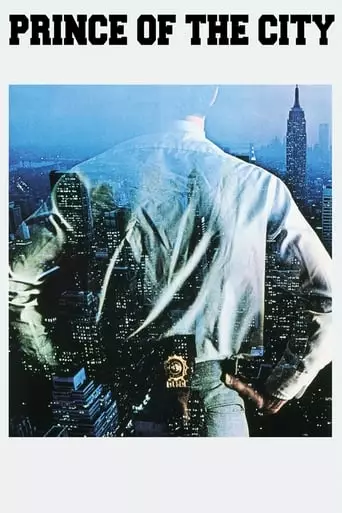
New York City detective Daniel Ciello agrees to help the United States Department of Justice help eliminate corruption in the police department, as long as he will not have to […]
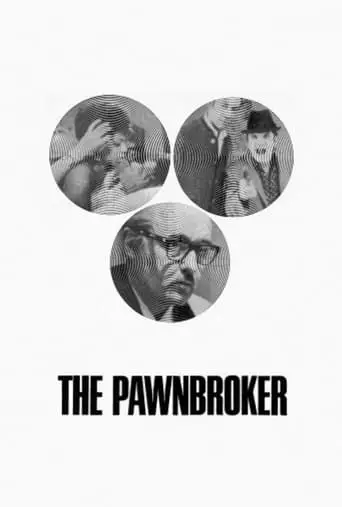
A Jewish pawnbroker, a victim of Nazi persecution, loses all faith in his fellow man until he realizes too late the tragedy of his actions.
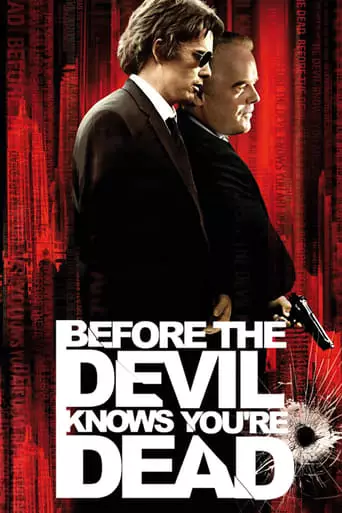
When two brothers organize the robbery of their parents’ jewelry store, the job goes horribly wrong, triggering a series of events that send them and their family hurtling towards a […]
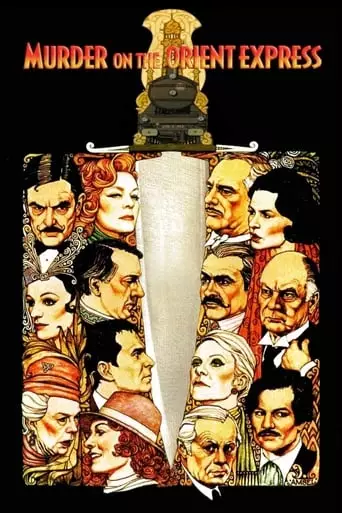
In 1935, when his train is stopped by deep snow, detective Hercule Poirot is called on to solve a murder that occurred in his car the night before.
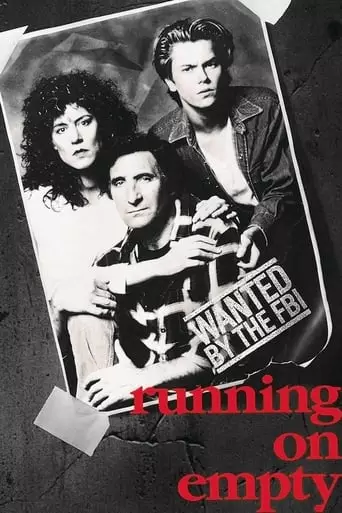
The Popes are a family who haven’t been able to use their real identity for years. In the late sixties, the parents set a weapons lab afire in an effort […]
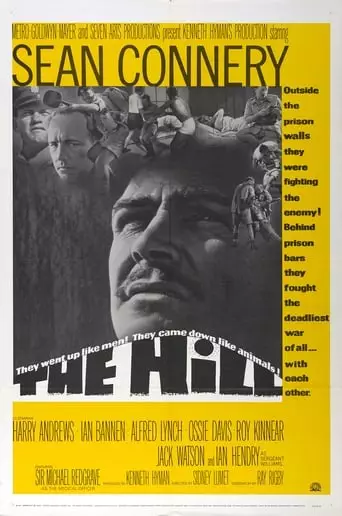
North Africa, World War II. British soldiers on the brink of collapse push beyond endurance to struggle up a brutal incline. It’s not a military objective. It’s The Hill, a […]
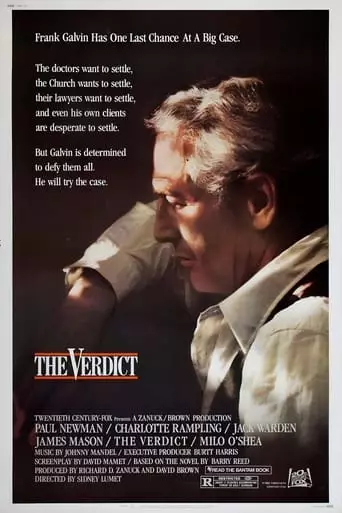
Frank Galvin is a down-on-his-luck lawyer and reduced to drinking and ambulance chasing, when a former associate reminds him of his obligations in a medical malpractice suit by serving it […]
Sidney Lumet: The Conscience of American Cinema
Sidney Lumet (1924–2011) was one of the most prolific and influential directors in the history of American film. Known for his commitment to social justice, sharp storytelling, and a knack for eliciting powerful performances, Lumet directed over 40 films during a career that spanned five decades. With classics like 12 Angry Men (1957), Dog Day Afternoon (1975), Network (1976), and The Verdict (1982), Lumet tackled moral dilemmas, systemic corruption, and the human condition with intelligence and compassion.
Early Life and Theatrical Roots
Born on June 25, 1924, in Philadelphia to a family of performers, Sidney Lumet was raised in a creative environment steeped in the arts. His father, Baruch Lumet, was an actor, and his mother, Eugenia Wermus, was a dancer.
Lumet began acting as a child and made his Broadway debut at age four. His early immersion in theater and acting gave him an intuitive understanding of performance, which later became a cornerstone of his directing style.
After serving in World War II, Lumet transitioned to directing in the 1950s, working in television during the medium’s golden age. His TV work, particularly on anthology series like Playhouse 90 and Studio One, honed his ability to tell compelling, character-driven stories within tight schedules and budgets.
The Cinematic Breakthrough: 12 Angry Men
Lumet made his feature film debut with 12 Angry Men (1957), a courtroom drama that remains a touchstone of American cinema. The film, starring Henry Fonda, examines the deliberations of a jury tasked with deciding the fate of a young defendant.
Shot almost entirely in a single room, 12 Angry Men is a masterclass in tension and character development. Its exploration of prejudice, moral responsibility, and the justice system set the tone for much of Lumet’s later work. The film earned three Academy Award nominations, including Best Picture and Best Director, launching Lumet’s illustrious career.
A Career Defined by Themes of Justice and Morality
Lumet’s films often grappled with themes of justice, ethical conflict, and institutional corruption. His protagonists were frequently ordinary individuals facing extraordinary moral challenges, a reflection of Lumet’s belief in the power of human decency.
Political and Social Commentary
Fail Safe (1964): A gripping Cold War thriller that examines the perils of nuclear brinkmanship.
The Pawnbroker (1964): One of the first American films to address the Holocaust directly, featuring a tour-de-force performance by Rod Steiger.
Crime and Corruption
Serpico (1973): Based on the true story of an honest cop (played by Al Pacino) exposing corruption in the NYPD, the film is a scathing critique of institutional rot.
Prince of the City (1981): A nuanced exploration of loyalty and betrayal within the police force, often considered one of Lumet’s most complex works.
Collaboration with Actors
Lumet was revered for his ability to bring out career-defining performances from his actors. He believed in extensive rehearsals and treated his sets as collaborative spaces.
Al Pacino: Delivered two of his most iconic performances in Dog Day Afternoon (1975), a chaotic and heartfelt bank heist drama, and Serpico.
Faye Dunaway and Peter Finch: Both won Oscars for their roles in Network (1976), a darkly prophetic satire about the media industry.
Paul Newman: Starred in The Verdict (1982), delivering one of his finest performances as a washed-up lawyer seeking redemption.
Network: A Cultural Landmark
Perhaps Lumet’s most enduring film, Network (1976), is a scathing critique of the television industry and its descent into sensationalism. Written by Paddy Chayefsky, the film’s prescient depiction of media manipulation and corporate greed resonates strongly in today’s era of 24-hour news and social media.
The film earned four Academy Awards, including Best Actor for Peter Finch, who played the unhinged newscaster Howard Beale, delivering the iconic line, “I’m as mad as hell, and I’m not going to take this anymore!”
Directorial Style
Lumet’s directorial approach was marked by efficiency, naturalism, and an emphasis on storytelling. He avoided overt stylistic flourishes, instead allowing the material and performances to shine.
Realism and Location Shooting: Many of Lumet’s films were shot on location, particularly in New York City, which became a character in its own right in his work.
Moral Ambiguity: His characters often operated in shades of gray, reflecting the complexities of real life.
Social Engagement: Whether tackling systemic injustice or personal redemption, Lumet’s films engaged with the pressing social and ethical issues of their time.
Later Career
In the 1980s and 1990s, Lumet continued to produce acclaimed work, though not all of his films achieved the same level of success. Highlights include:
Running on Empty (1988): A poignant drama about a family on the run, featuring an Oscar-nominated performance by River Phoenix.
Before the Devil Knows You’re Dead (2007): Lumet’s final film, a gripping crime thriller starring Philip Seymour Hoffman and Ethan Hawke, showed that his storytelling prowess remained undiminished late into his career.
Legacy and Honors
Sidney Lumet received numerous accolades throughout his career, including an honorary Academy Award in 2005 for his contributions to cinema. While he never won a competitive Oscar, his films garnered over 50 nominations.
Lumet’s influence can be seen in the work of contemporary directors like Aaron Sorkin, David Fincher, and Paul Thomas Anderson, who share his passion for moral complexity and character-driven storytelling.
Conclusion
Sidney Lumet was more than just a filmmaker; he was a moral compass for American cinema. Through his work, he explored the intricacies of justice, the flaws of institutions, and the resilience of the human spirit. His films remain as relevant today as when they were made, a testament to his timeless storytelling and profound understanding of humanity.
Lumet once said, “I’m not an auteur. I’m a storyteller.” In truth, he was both—a storyteller whose films continue to resonate with audiences and a filmmaker whose vision left an indelible mark on the art form.